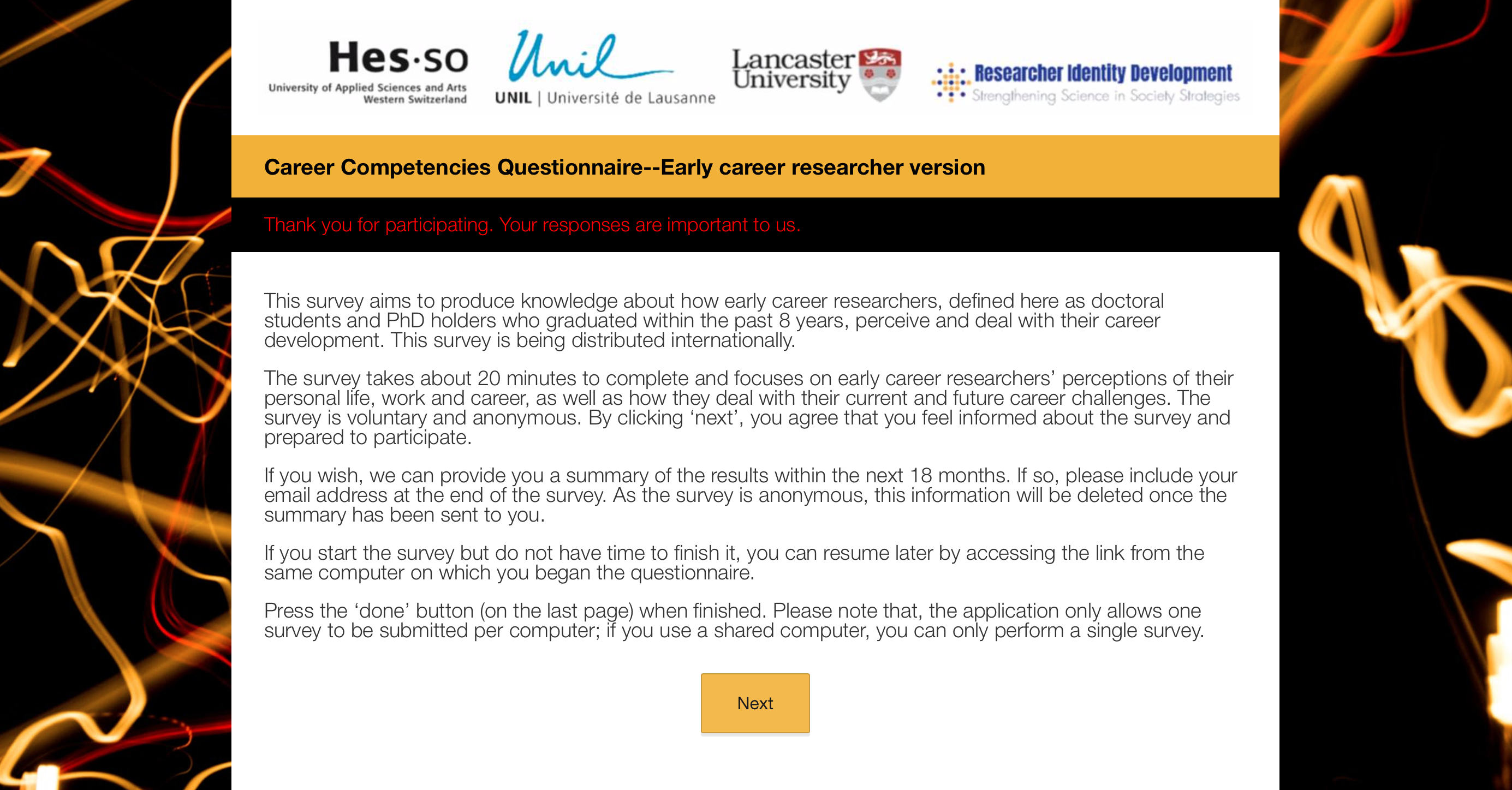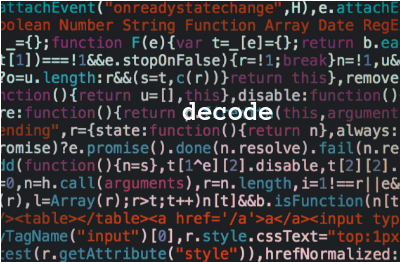Join SIG 24 for an online seminar!

Initially we would have met at a SIG 24 meeting in Helsinki this autumn, but due to the global COVID-19 pandemic our realities have changed and we have all had to adapt our work and lives to the current situation during the past months. We have decided to postpone the SIG meeting to be held in Helsinki until 2022. However, in the meantime we would like to connect and reconnect with our members online.
Please, do reserve January 14th and 22nd 2021!
Book your place at the seminar sessions by clicking here.
We do want to focus on something that is very current and permeates academic life at the moment, and therefore identified as the theme of the seminar The Impact of the Pandemic on Researcher Experience. We hope to explore this topic together with you through the perspectives of how the pandemic has influenced and is influencing researcher activity, and what kind of affective impact it has had on researchers’ emotions, motives and interest, and wellbeing.
The pandemic has accelerated some features that we may have identified traces of for some time, such as digitalisation and uncertainties around working outside academia. We are interested in exploring the pandemic’s influence on practices around supervision, doctoral study and research, including ethics.
Through exploring these themes, we hope to contribute to both a literature review of what is currently known, but also to instigate mutual research activities. Ultimately, we hope to draw on these ideas in terms of understanding the future directions of doctoral education, research training, and academic careers. We envision a variety of outcomes of this seminar, including blogs and articles.
Tracks and workshop descriptions
Track 1. Empirical data explaining Covid-19 impact on researcher activity and development
Lead by: Inge van der Weijden,Irina Lokhtina & Montserrat Castelló
More than ever, researchers are called to solve the societal challenges posed by the pandemic in all disciplines and research areas. Therefore, it is crucial to know what kind of research doctorate holders at different stages of their careers are doing, where this research is located, how the pandemic impacted their research activity and lives and how researchers are coping with the challenge. Several initiatives have been developed to address these challenges. In this session, we will explore, collect and analyse those initiatives to synthetise what we can learn from them. We will provide empirical evidence regarding the Covid-19 impact on scientific activity, education and communication, and policy recommendations for the development of a researcher profile capable of managing future outbreaks or other similar scientifically challenging situations.
Track 2. Remote supervision: experiences, challenges and affordances
Lead by: Gina Wisker
The sessions and beyond are based in reading, experience, research. They involve us in development activities which aim to engage us all in considering how supervision has developed now that it is mostly remote/at a distance, from the points of view of supervisor and of candidates, considering what the challenges are, and what are the affordances and effective practices which are adapted from previously successful good practice, or developed now in the new circumstances. You will be expected to read and think in advance, share your reading, ideas, experiences, issues in the sessions, co-build the work and possible outcomes/ products so we all contribute and own what we produce and share with others.
Track 3. How can the research on face-face communication help us refine our online conversations? A collective search and share
Lead by: Lynn McAlpine
Over the past 8 months, we have all accumulated a lot of personal experience of being online so have a sense of how it is different from face-face interaction. I realized recently that I hadn’t explored how the studies on effective face-face communication might help me modify the way I engage online. When I looked, I found some results that I could turn into online strategies. If you too are intrigued by what there is to learn and implement from this literature, please prepare for this session by finding one study that suggests a specific online strategy you can implement. During the session, we will collect these ideas and each have a richer set of strategies to take away.
Instructions on how to prepare for the workshops
The three tracks are designed consecutively so that it is possible to participate in more than one track. Each track consists of an inspirational short talk, two sessions of 1.5 hour on two different days a week apart, and a final plenary for sharing workshop outcomes and presenting future plans. We envision that a variety of outcomes will follow in the months following the SIG meeting. These could involve, for example, reports, article manuscripts, blog posts, project plans …. You name it! We have designed the agenda of the meeting to support collaborative learning and goal-oriented work.
In order to make the most out of our time together, we ask you to prepare for the sessions in the following way:
- There may be literature recommended by the leader(s) of the track. Please, do familiarize yourself with the literature.
- Find one recent study that relates to the theme of the track.
- Be prepared to present briefly key ideas from the study. During the session, we will collect ideas and identify how the literature informs us about the theme of the track. We will attempt to synthesize this knowledge and plan how we can make use of the collected knowledge base in articles, blogs and other outcomes.
Schedule
| Thursday Jan 14 11-18:15 CET | |
| 11-11.15 | Welcome SIG 24 Coordinators |
| 11.15-12.15 | Inspirational talks Track 1: The impact of the COVID-19 pandemic on researcher experience in the Netherlands (PhD), Cyprus (academics) and Spain (PhD and Post PhD) Inge van der Weijden, Irina Lokhtina & Montserrat Castelló Track 2: Remote supervision: experiences, challenges and affordances Gina Wisker |
| 12.15-12.30 | Break |
| 12.30-14.00 | Track 1 Workshop Presenting key ideas from pre-reading and literature that participants found as pre-task for conference |
| 14.00-14.30 | Break |
| 14.30-16.00 | Track 2 Workshop Presenting key ideas from pre-reading and literature that participants found as pre-task for conference |
| 16.00-16.15 | Break |
| 16.15-16.45 | Inspirational talk Track 3: How can the research on face-face communication help us refine our online conversations? Lynn McAlpine |
| 16.45-18.15 | Track 3 Workshop Presenting and synthesizing key ideas from literature that participants found as pre-task for conference |
| 18.15 | End of the day |
| Friday Jan 22 11-17:30 CET | |
| 11.00-12.30 | Track 1 workshop continues Planning compilation of the knowledge, of dissemination of the insights and of potential future research collaboration and other outcomes/products |
| 12.30-13.00 | Break |
| 13.00-14.30 | Track 2 workshop continues Planning compilation of the knowledge, of dissemination of the insights and of potential future research collaboration and other outcomes/products |
| 14.30-14.45 | Break |
| 14.45-16.15 | Track 3 workshop continues Planning compilation of the knowledge, of dissemination of the insights and of potential future research collaboration and other outcomes/products |
| 16.15-16.30 | Break |
| 16.30-16.45 | Crosscutting theme: Research ethics in times of uncertainty Erika Löfström |
| 16.45-17.30 | Presentation of intended outcomes of tracks and plans to get there Montse, Erika and Inge |
Additional information on how to prepare for the tracks
Track 1: Empirical data explaining Covid-19 impact on researcher activity and development
Some pre-readings are offered and participants are asked to find other studies and present their results during the session to gain a comprehensive overview of the multidimensional impact of the COVID-19 on researcher experience
Pre-reading:
Termini, C.M., Traver, D. Impact of COVID-19 on early career scientists: an optimistic guide for the future. BMC Biol 18, 95 (2020). https://doi.org/10.1186/s12915-020-00821-4
https://bmcbiol.biomedcentral.com/articles/10.1186/s12915-020-00821-4
Byrom, N. (2020). COVID-19 and the Research Community: The challenges of lockdown for early-career researchers. eLife. https://elifesciences.org/articles/59634
Lizhou Wang & Tessa DeLaquil (2020) The isolation of doctoral education in the times of COVID-19: recommendations for building relationships within person-environment theory, Higher Education Research & Development, 39:7, 1346-1350, DOI: 10.1080/07294360.2020.1823326
Rijs, C., & Fenter, F. (2020). The academic response to COVID-19. Frontiers in Public Health, 8, 797. https://doi.org/10.3389/fpubh.2020.621563
Track 2: Remote supervision: experiences, challenges and affordances
Pre reading and thinking. Some research based reading is provided and you can find others – please note down key points which interest you from supervisor or candidate viewpoints and in relation to any of the ideas and themes below (or others you think of ) (see below)
Session 1. We will share experience and research to date and begin decide on how and what to research and write about which can both capture the experience and use research based results and thoughts to identify positive practices across the full range of issues for all concerned (Please come with at least half a side of thoughts, questions a problem/ issue, a good practice…from the reading and/or experience–Which you can share.)
In between sessions (we will refine and agree what we are doing ‘in between’ during Session 1). Probably, continue to plan the possible research and writing – reading, making some notes, developing ideas, writing – to come to Session 2 with practicable suggestions.
Session 2. Presenting what we have developed sketchy or in whatever form and agreeing and building some forms in which to further develop, write and share (e.g. blogs, co-written articles, a ‘wheel’ of support and successful practices, a wellbeing toolkit)
Beyond … completing and sharing/publishing/presenting what we have agreed.
Topics -During the sessions we will be considering (among other things):
1. What do we already know about remote supervision?
- How much supervision was already ‘remote’ without being formally registered as such?
- How much supervision work was already performed online?
- NOW, everyone is suddenly remote without it being a preferred/chosen arrangement, and then hastily implemented. So, what is happening?
2. What new issues/concerns have been brought to light with the changes due to Covid-19?
- Discussions about blurring of work/home (controversy about university advice to staff representing only ‘professional’ self – what to wear, what to reveal in the background, etc.)
- Gendered effects on managing career responsibilities and household tasks
- Both supervisors and students stuck in other locations when borders suddenly closed, or recent arrivals to new institutions
- Also, an upturn in generosity and sharing of materials – free webinars, tweet chats
- Remote students previously unable to attend f2f workshops are now able to access the development opportunities available to on-campus HDRs
3. Wellbeing and mental health issues and positive practices
- What issues have emerged for supervisors and candidates and how can we use the research on such to share good practices?
- Focus on how ‘wonderfully productive’ people can be with nothing else to do – but for many, it’s been miserable and demotivating with very long hours and few breaks
- Focus on motivation, breaking writing blocks
- Focus on time space work life balance management, self-care and healthy lifestyles.
4. How do we/ could we supervise remotely? Affordances and practices
- More structured and planned in advance
- Information, reading, questions in advance
- Material and links shared and made available before/ after supervisions
- A supervision ’sandwich’ of thoughtful human comments and then the engagement with the work on the middle
- Follow up agreed work and exchange of writing and comments
Some questions-How do we:
- Engage in complex conceptual critical creative dialogues? To move the level of the work on and up? To work together as equals in developing and constructing and sharing knowledge and understanding? And in working with writing?
- Modify our supervisory/ candidate behaviour according to difference in learning, language, stage of the work?
- Identify and work with the nuances of behaviour, understanding, that culturally and individually inflected mix which we might get to know better and respond to ‘in person’?
- How do we all help build communities for collegial support and exchange?
- What else is missing? Different? Difficult to replicate?
5. Ideas for research and writing projects: What do we want to find out, and how should we go about it?
A few suggestions above –blogs, wheel, toolkits, articles etc…We will make our decisions and write together in some form after session 1 and beyond session 2
(some parts of this – were initially shared in a webinar for IDERN developed by Cally Guerin and Gina Wisker in June 2020.)
Pre reading/watching – Remote Supervision:
(see what interests you or find other reading):
UKCGE ‘Effective Practices in Doctoral Supervision at a Distance’. 1st May 2020 http://www.ukcge.ac.uk/article/supporting-members-during-covid-19-coronavirus-pandemic-454.aspx
SRHE ‘Doctoral Supervising and Examining Remotely – meeting the challenges of working under Covid19’ https://www.srhe.ac.uk/events/pastevents/details/?eid=479
Blogs in here – several on remote supervision (2 are attached ):
https://drhiddencurriculum.wordpress.com/
Morag A. Gray & Lucilla Crosta (2019) New perspectives in online doctoral supervision: a systematic literature review, Studies in Continuing Education, 41:2, 173-190, Research Supervision at a Distance
Stan Taylor (2020) A bibliography, curated by for the UKCGE, of literature relating to Research Supervision at a Distance. http://www.ukcge.ac.uk/article/supporting-members-during-covid-19-coronavirus-pandemic-454.aspx
More reading:
Cantor, G. (2019). The loneliness of the long-distance (PhD) researcher. Psychodynamic Practice: 1–12.
Roisin Donnelly (2013) Enabling connections in postgraduate supervision for an applied eLearning professional development programme, International Journal for Academic Development, 18:4, 356-370
Erichsen, E. A., D. U. Bolliger, and C. Halupa. 2014. “Student Satisfaction with Graduate Supervision in Doctoral Programs Primarily Delivered in Distance Education Settings. ”Studies in Higher Education 39 (2): 321–338.
Wisker, G., Robinson, G. and Bengtsen, S. S. E. (2017). Penumbra: doctoral support as drama: From the ‘lightside’ to the ‘darkside’. From front of house to trapdoors and recesses. Innovations in Education and Teaching International
Wisker, G (2007) Supervising postgraduates: internationally, and at a distance. Connections , Falmer press
Wisker, G., Waller, S., Richter, U., Robinson, G., Trafford, V., Wicks, K. & Warnes, M (2003 )On nurturing hedgehogs: Developments online for distance and offshore supervision. HERDSA Research and Development in Higher Education: Learning for an Unknown Future Vol. 26 https://www.herdsa.org.au/publications/conference-proceedings/research-and-development-higher-education-learning-unknown-6
Wisker, G., & Robinson, G. (2016). Supervisor wellbeing and identity: Challenges and strategies. International Journal for Researcher Development, 7(2). https://doi.org/10.1108/IJRD-03-2016-0006
Wisker, Gina (2012) The Good Supervisor (2nd ed.) London Palgrave Macmillan.
Track 3: How can the research on face-face communication help us refine our online conversations? A collective search and share
Before the workshop, participants are asked to find one study that suggests a specific online strategy to refine our online conversations we can implement and be ready to comment on this study during the session.







